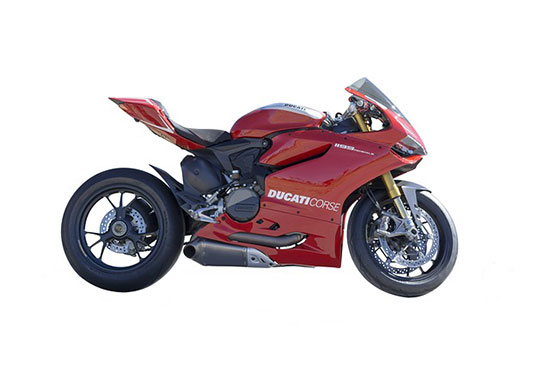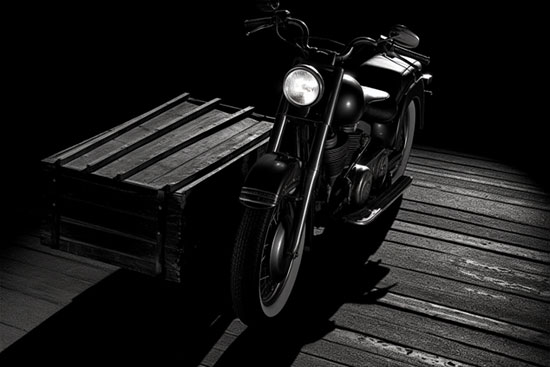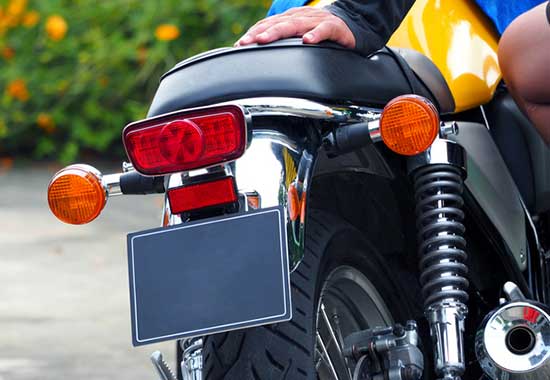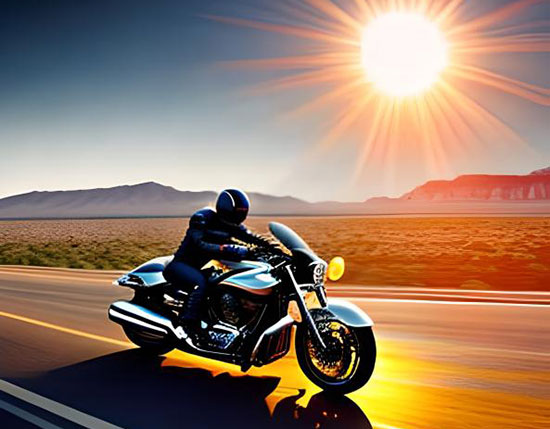When it comes to dual-sport motorcycles, the Suzuki DRZ400 is a popular choice among riders. One important aspect to consider when buying a motorcycle is its weight.
The Suzuki DRZ400 has been around since 2000 and has undergone several changes over the years.
The weight of the motorcycle is an important factor that affects its performance, fuel efficiency, and maneuverability.
Contents
DRZ400 Weight by Year
2000-2004
The first generation of the DRZ400 was introduced in 2000 and was produced until 2004. The weight of the motorcycle was 291 pounds (132 kg) dry and 320 pounds (145 kg) wet.
The bike had a 2.6-gallon (9.8 liters) fuel tank and a seat height of 36.8 inches (935 mm).
2005-2009
The second generation of the DRZ400 was introduced in 2005 and was produced until 2009. The weight of the motorcycle remained the same as the first generation, with a dry weight of 291 pounds (132 kg) and a wet weight of 320 pounds (145 kg).
The fuel tank size was increased to 2.8 gallons (10.6 liters) and the seat height was lowered to 35 inches (890 mm).
2010-2019
The third generation of the DRZ400 was introduced in 2010 and was produced until 2019. The weight of the motorcycle increased slightly, with a dry weight of 317 pounds (144 kg) and a wet weight of 349 pounds (158 kg).
The fuel tank size remained the same as the second generation, at 2.8 gallons (10.6 liters), and the seat height was lowered to 34.9 inches (886 mm).
2020-Present
The fourth generation of the DRZ400 was introduced in 2020 and is still in production. The weight of the motorcycle remained the same as the third generation, with a dry weight of 317 pounds (144 kg) and a wet weight of 349 pounds (158 kg).
The fuel tank size was increased to 3.9 gallons (14.8 liters) and the seat height was lowered to 34.6 inches (880 mm).
Factors that Affect Weight
Several factors can affect the weight of a motorcycle, including:
Engine Size
A larger engine typically means a heavier motorcycle. The DRZ400 has a 398cc engine, which is relatively small compared to other dual-sport motorcycles.
Frame Material
The material used for the frame of the motorcycle can affect its weight. The DRZ400 has a steel frame, which is heavier than some of its competitors that use aluminum frames.
Accessories
Additional accessories such as luggage racks, hand guards, and skid plates can add weight to the motorcycle. It is important to consider the weight of these accessories when purchasing a motorcycle.
| Year | Dry Weight (lbs) | Wet Weight (lbs) |
|---|---|---|
| 2000 | 291 | 320 |
| 2001 | 291 | 320 |
| 2002 | 291 | 320 |
| 2003 | 291 | 320 |
| 2004 | 291 | 320 |
| 2005 | 291 | 320 |
| 2006 | 291 | 320 |
| 2007 | 291 | 320 |
| 2008 | 291 | 320 |
| 2009 | 291 | 320 |
| 2010 | 317 | 349 |
| 2011 | 317 | 349 |
| 2012 | 317 | 349 |
| 2013 | 317 | 349 |
| 2014 | 317 | 349 |
| 2015 | 317 | 349 |
| 2016 | 317 | 349 |
| 2017 | 317 | 349 |
| 2018 | 317 | 349 |
| 2019 | 317 | 349 |
| 2020 | 317 | 349 |
| 2021 | 317 | 349 |
| 2022 | 317 | 349 |
| 2023 | 317 | 349 |
Conclusion
The weight of the Suzuki DRZ400 has remained relatively consistent over the years, with a dry weight of around 300 pounds and a wet weight of around 350 pounds.
The increase in fuel tank size in the fourth generation is a notable change, but the weight remained the same.
When considering the weight of the motorcycle, it is important to also consider factors such as engine size, frame material, and accessories.






